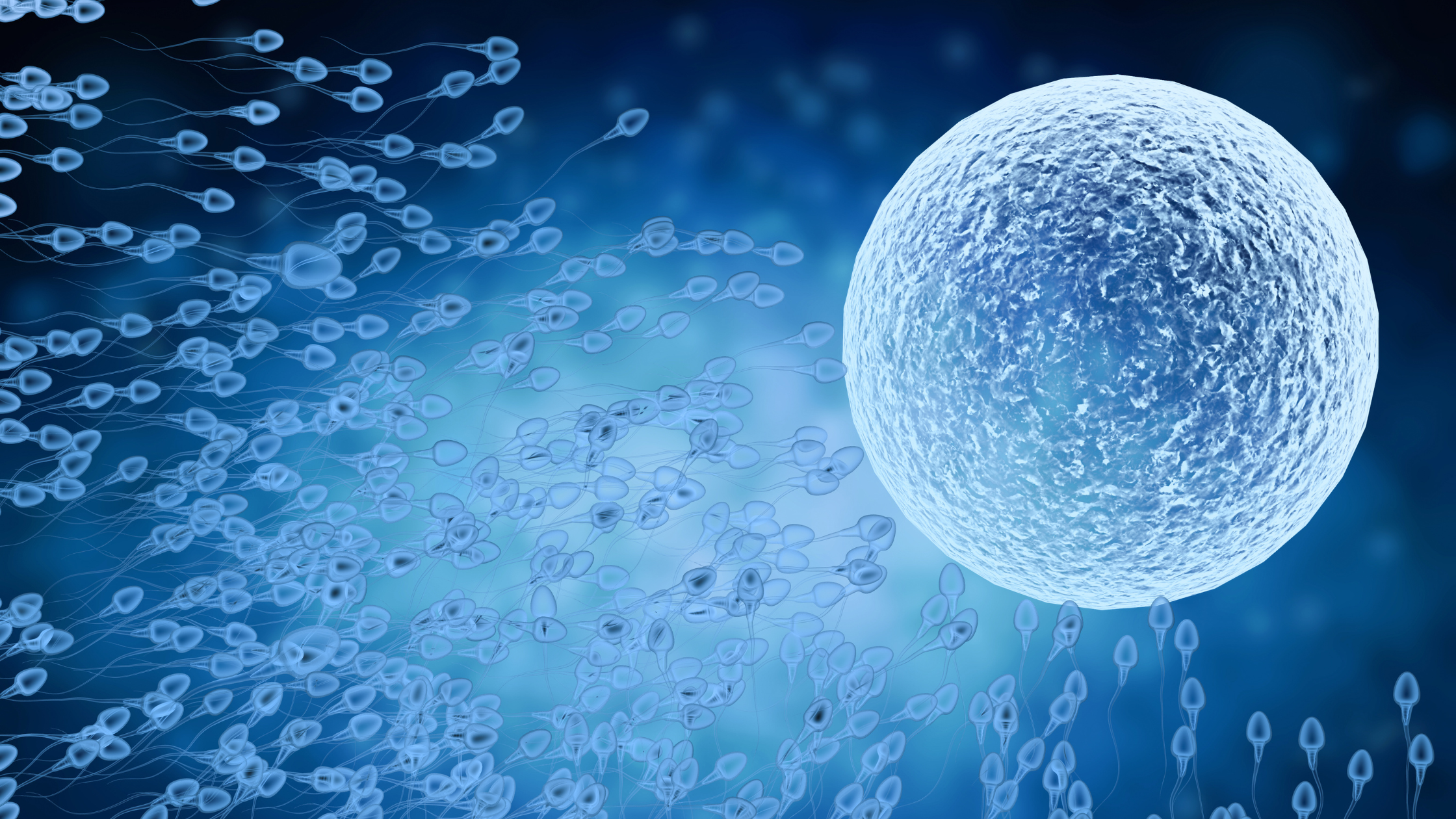Celebrating World IVF Day: Understanding IVF and Its Historical Milestones
July 25th, also known as World IVF Day, is a historical day to celebrate In Vitro Fertilization (IVF).
Celebrating World IVF Day: Understanding IVF and Its Historical Milestones
World IVF Day is a significant occasion that marks the history and advancements in reproductive medicine, particularly in vitro fertilization (IVF). This day not only celebrates the scientific breakthroughs that have made parenthood possible for millions globally but also highlights the critical aspects everyone should understand about IVF. Here's a look into what IVF entails, its historical milestones and its impact on modern reproductive health.
Understanding IVF
The In Vitro Fertilization (IVF) process involves extracting eggs from a females ovaries and fertilizing them with sperm in a laboratory. The fertilized egg (embryo) is then transferred to the uterus. IVF is a major treatment for infertility when other methods of assisted reproductive technology have failed. IVF is also commonly used by cancer patients, same-sex couples, single parents by choice, and for those with genetic disorders.
Key Steps in IVF:
Ovarian Stimulation: Hormonal medications are administered to stimulate the ovaries to produce multiple eggs.
Egg Retrieval: A minor surgical procedure is performed to collect eggs from the ovaries.
Fertilization: The collected eggs are mixed with sperm in the lab to facilitate fertilization.
Embryo Culture: The fertilized eggs (embryos) are cultured in the lab for several days.
Embryo Transfer: One or more embryos are transferred to the woman's uterus.
Historical Milestones in IVF
1978: The Birth of Louise Brown
The first successful birth through IVF was Louise Brown, born on July 25, 1978, in Oldham, England. This landmark event demonstrated the feasibility of IVF and opened new possibilities for treating infertility.
1981: First IVF Baby in the United States
Elizabeth Carr was the first IVF baby born in the United States on December 28, 1981. Her birth marked a significant achievement in reproductive medicine in the U.S.
1984: First Baby Born From a Frozen Embryo
Zoe Leyland was born in Australia on April 11, 1984. Notably, she had been cryopreserved as an embryo for 8 weeks before being successfully implanted into her mother's womb.
1992: Introduction of ICSI
Intracytoplasmic sperm injection (ICSI) was introduced in 1992, a technique where a single sperm is injected directly into an egg. This advancement significantly improved fertilization rates, especially for severe male infertility.
2005: World's First Baby From Frozen Donor Egg Bank
On December 31, 2005, a couple welcomed the first baby born after being conceived with a frozen donor egg from a commercial egg bank.
2010: Nobel Prize in Physiology or Medicine
Dr. Robert Edwards, one of the pioneers of IVF, was awarded the Nobel Prize in Physiology or Medicine in 2010 for his contributions to the development of in vitro fertilization.
2019: World’s First Baby Born From Lab-Matured Frozen Eggs
A 34-year-old cancer survivor becomes the first to give birth via her own frozen, lab-matured egg.
2020: Baby Born From 27-Year-Old Embryo
Molly Gibson was born in October 2020. Her embryo was frozen in October 1992 and remained frozen until February 2020, when Tina and Ben Gibson of Tennessee adopted it. Molly is believed to have set a new record for the longest-frozen embryo to result in a birth, surpassing the previous record held by her older sister, Emma.
Current IVF Trends and Future Directions
IVF has continuously evolved, incorporating advancements such as genetic screening (PGS/PGD), time-lapse embryo imaging, and the use of artificial intelligence (AI) to enhance egg and embryo selection. These innovations aim to improve success rates and ensure healthier pregnancies.
As IVF technology advances, efforts are being made to make treatments more accessible and affordable. Ethical considerations, including the potential for multiple births and the fate of unused embryos, remain critical discussions in the field.
World IVF Day is an opportunity to celebrate the impact of IVF on countless lives, with over 12 million babies born globally from IVF, IVF provides hope and solutions to those facing infertility and/or on a path to parenthood. Understanding the historical milestones and current advancements in IVF allows us to appreciate the progress made and anticipate future developments that will continue to transform reproductive medicine. As we honor this day, we acknowledge the scientists, embryologists, fertility doctors, medical professionals, and patients who have contributed to the field of IVF.
Medical Disclaimer:
The information provided in this blog is intended for general informational purposes only and should not be considered as a substitute for professional medical advice, diagnosis, or treatment. Always seek the advice of your healthcare provider or qualified medical professional with any questions you may have regarding a medical condition. Never disregard professional medical advice or delay in seeking it because of something you have read in this blog.

